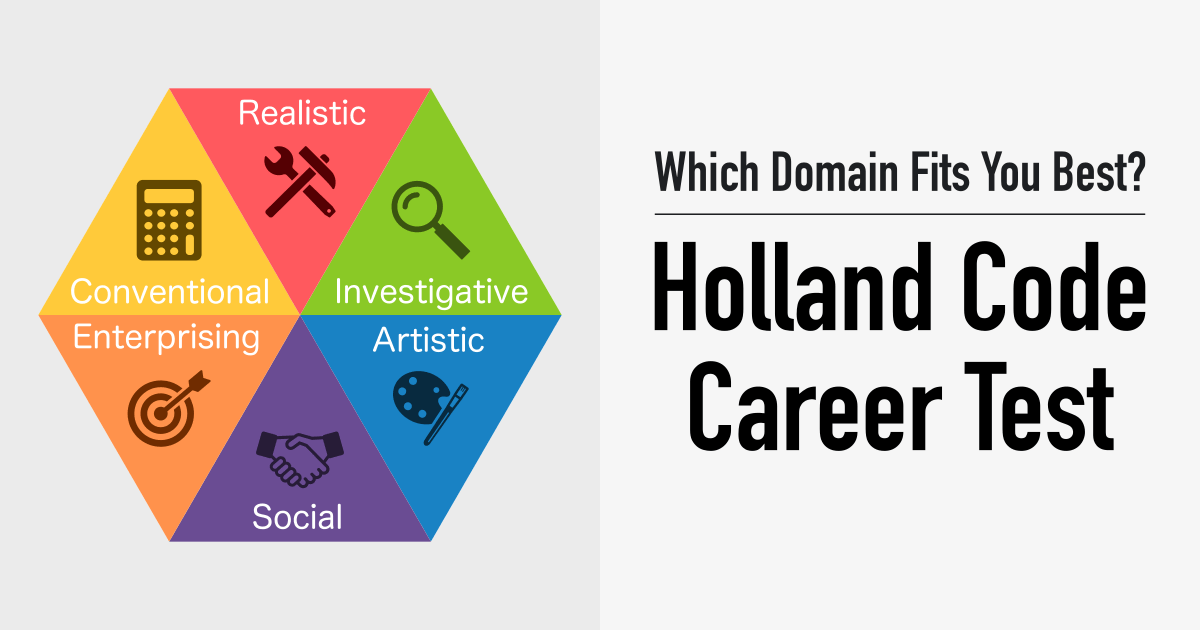
The Holland's Theory of Career Choice categorizes suitable careers into six types based on your interests and abilities. By taking this test, you can find out which career fields are a good fit for you. What kind of job matches your strengths? Discover it now!
The RIASEC model, developed by psychologist John Holland, measures vocational interests by categorizing them into six groups: Realistic, Investigative, Artistic, Social, Enterprising, and Conventional. This model is used to understand individual interests and personality traits, supporting optimal career choices. Holland's theory suggests that matching personal traits with work environments significantly impacts job satisfaction and success. Through this diagnosis, you can identify your strengths and interests in each category, aiding in career planning. The RIASEC assessment is a valuable tool for self-understanding and finding the best career path by revealing which categories strongly align with your vocational aptitudes.
Individuals with realistic interests prefer hands-on activities. They are drawn to tasks involving machinery, tools, and physical labor, valuing tangible results over abstract concepts. They are skilled with their hands and excel at solving technical problems. They enjoy working outdoors or engaging in physical challenges, preferring stable environments. They can adapt to both individual and team work.
Individuals with investigative interests are fascinated by theoretical and analytical work. They enjoy scientific research and data analysis, finding joy in discovering new knowledge. They prefer detailed research and experiments to solve complex problems, valuing logical thinking and methodical approaches. They excel at working independently and continually seek new information to deepen their expertise.
Individuals with artistic interests are passionate about creative expression and original ideas. They thrive in fields like art, design, music, and literature, enjoying freedom from rules and constraints. They find joy in the creative process and have a unique perspective on the world. They actively seek activities that inspire them and prefer unstructured environments.
Individuals with social interests are deeply invested in cooperating and helping others. They find joy in contributing to others' growth and well-being, often pursuing careers in education, counseling, and social work. They are empathetic, skilled at understanding and supporting others, and excel in teamwork and communication, solving problems through collaboration.
Individuals with enterprising interests are motivated by leadership and influence. They enjoy planning and leading others to realize their ideas and visions. They are attracted to business, project management, and organizational roles, actively taking initiatives and pursuing success in challenging environments. They are strategic thinkers, skilled at persuasion, and thrive on achieving goals.
Individuals with conventional interests prefer structured and orderly tasks. They are interested in data management, clerical work, and administrative tasks, valuing accuracy and efficiency. They find comfort in routine work and following established procedures, preferring stable and predictable environments. They take satisfaction in fulfilling their roles within an organization and being a responsible team member.